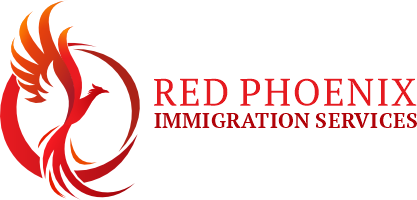Expand Your Existing Business to Canada
How to Expand Your Business to Canada?
Expanding your business to Canada can be an exciting opportunity for growth and accessing a new market. Here are some steps to consider when expanding your business to Canada:
Market Research: Conduct thorough market research to understand the Canadian market, consumer preferences, competition, and regulatory environment. Identify potential opportunities and challenges specific to your industry.
Business Plan: Develop a comprehensive business plan that outlines your expansion strategy, target market, marketing and sales approach, operational structure, financial projections, and any necessary adjustments to comply with Canadian regulations.
Legal Considerations: Understand the legal requirements and regulations for doing business in Canada. Determine the appropriate business structure, such as incorporating a new entity or establishing a branch office. Consult with legal advisors to ensure compliance with Canadian laws, including tax obligations, employment regulations, and intellectual property protection.
Financial Planning: Assess the financial implications of expanding to Canada. Determine the required investment, including costs for setting up operations, hiring employees, marketing, and distribution. Explore financing options, such as loans, grants, or partnerships with Canadian investors.
Immigration and Work Permits: If you plan to relocate key personnel or hire Canadian employees, familiarize yourself with the immigration and work permit requirements. Determine if you need to sponsor foreign workers or apply for work permits under the Temporary Foreign Worker Program or the Global Talent Stream.
Market Entry Strategy: Decide on the most suitable market entry strategy based on your business model and industry. Options include setting up a physical presence, partnering with local distributors or agents, e-commerce, or establishing strategic alliances with Canadian companies.
Establish Operations: Secure a physical location or office space if necessary. Set up infrastructure, obtain necessary licenses and permits, and establish relationships with suppliers, distributors, and service providers. Hire local employees or transfer existing employees to manage operations in Canada.
Marketing and Sales: Develop a marketing and sales strategy tailored to the Canadian market. Adapt your branding, messaging, and product offerings to resonate with Canadian consumers. Leverage digital marketing channels, participate in industry events, and establish partnerships with local organizations to increase brand visibility.
Compliance and Regulations: Ensure compliance with Canadian laws, regulations, and industry-specific standards. Familiarize yourself with tax obligations, employment laws, product regulations, and data privacy requirements. Seek guidance from legal and accounting professionals to navigate the regulatory landscape.
Networking and Relationships: Build a network of contacts in Canada, including industry associations, trade organizations, government agencies, and potential business partners. Attend industry events, conferences, and trade shows to establish connections and learn from local experts
